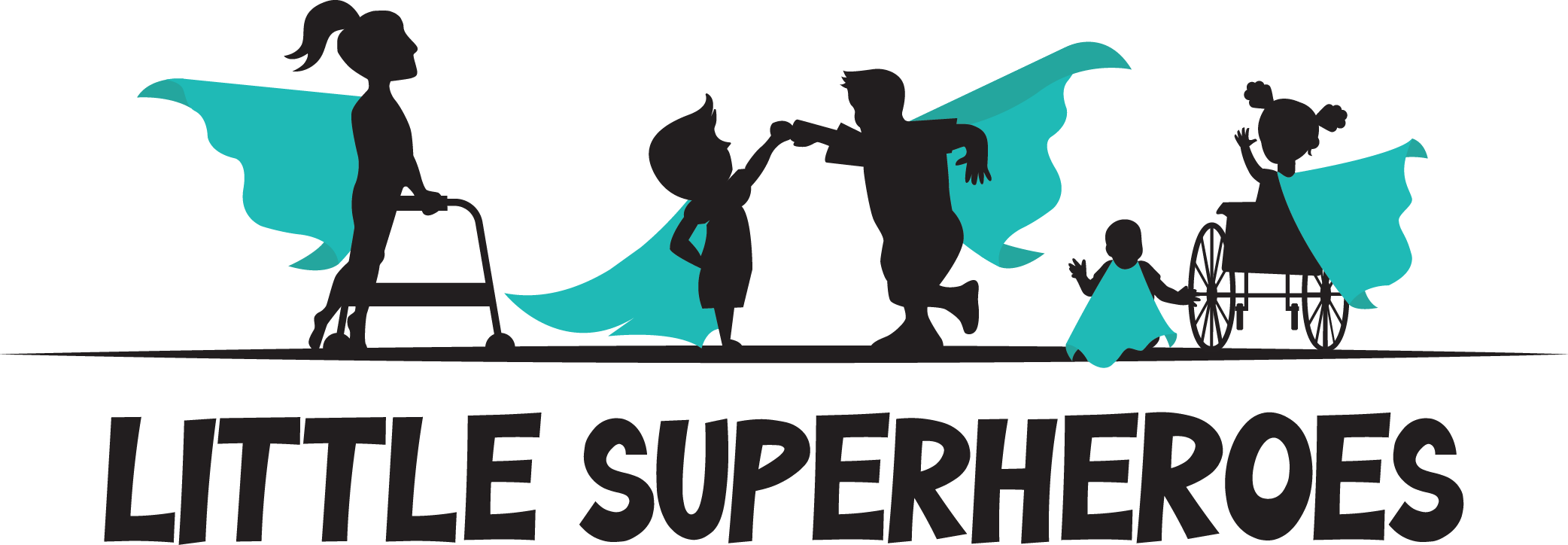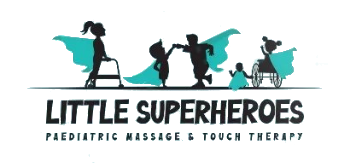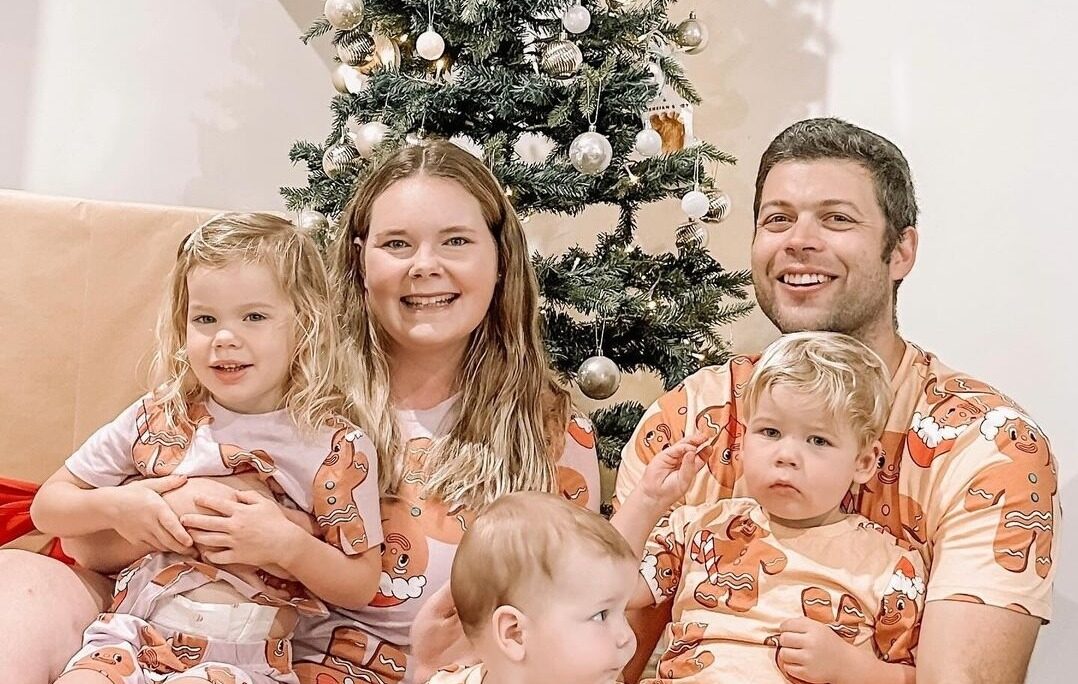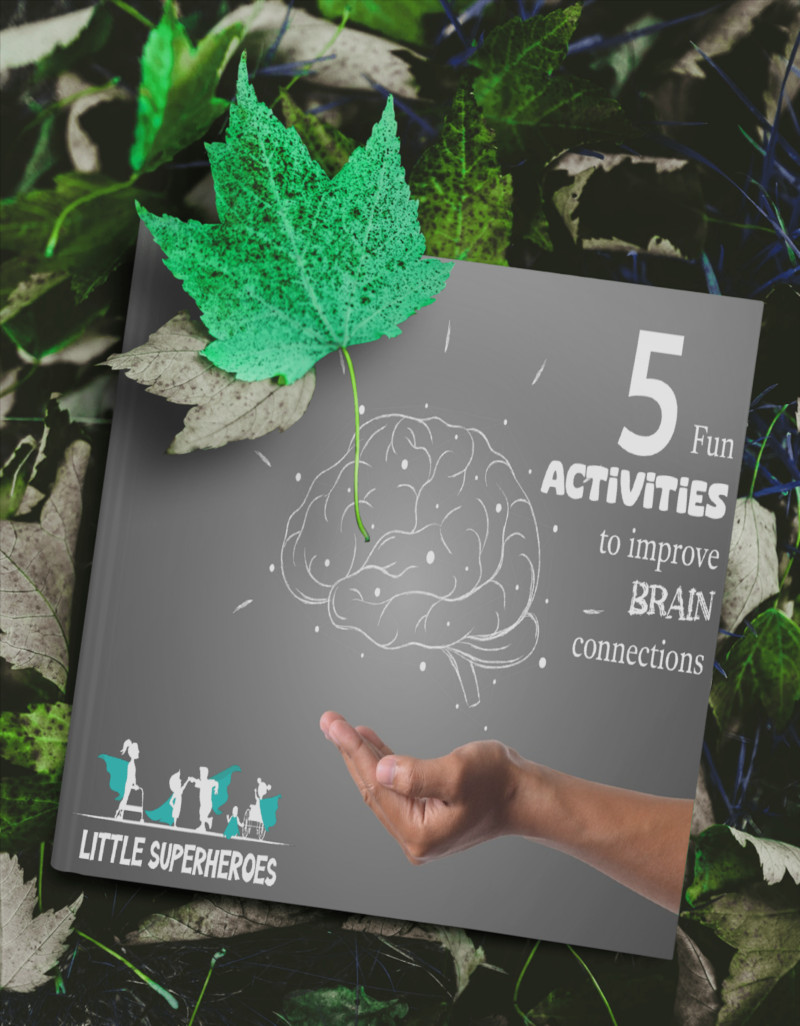Parenting is a journey filled with joy, challenges, and countless lessons. For Katelyn, a devoted mother to her son Benaiah, this journey took an unexpected turn when her once talkative baby suddenly lost his words. In this blog, I share Katelyn’s heartfelt story of navigating Benaiah’s diagnosis, supporting his progress, and the transformative lessons he has taught her.
This is a story of resilience, hope, and the profound love between a mother and her child.
The Early Days: A Joyful Baby with a Sudden Change
Benaiah was an exceptionally happy and communicative baby. By 14 months, he had a vocabulary of 35 words, using both speech and signing to express himself. But soon after, Katelyn noticed a regression.
“He eventually had no words,” Katelyn recalls. “He became so frustrated and aggressive, screaming and crying for hours on end. We couldn’t work out what was wrong.”
At the time, Katelyn was managing the chaos of late pregnancy and welcoming a new baby, and some attributed Benaiah’s regression to these big life changes. However, she knew it was something more.
In May, Benaiah was diagnosed with Level 3 autism, and the family began exploring therapies and support for his unique needs.
The Emotional Journey: Doubt, Guilt, and Finding Strength
Katelyn shared how emotionally draining it was to witness Benaiah’s regression. “There were moments I felt like I’d failed him,” she admits. “I questioned what I was doing wrong and whether I deserved to be a mum.”
Public outings were particularly challenging. “People would look at me with judgment, like, ‘Why can’t you control your child?’ That was hard because I didn’t even know what was wrong.”
Amid these struggles, Katelyn found solace in her support system. Her mother, sister, friends, and church family provided babysitting, meals, prayers, and emotional support.
“I’ve been able to talk about my feelings with people I trust, and that has been a lifeline,” Katelyn shares. “They’ve helped me see the goodness in this journey and reminded me that I don’t have to hold it all in.”
Katelyn also found inspiration in her faith. She and her husband Nick clung to a verse in John 9, where Jesus explains that a man’s blindness was not a punishment but an opportunity for God’s works to be displayed. “We believe Benaiah’s story is meant to show love and strength, and that’s what keeps us going,” she says.
Finding Hope: Small Breakthroughs That Made a Big Impact
Benaiah’s first neurodevelopmental session was a turning point.
“One of the first words he said again was ‘Mum,’” Katelyn recalls with emotion. “It was such a blessing and a testament to the work being done.”
After a few sessions, Katelyn noticed a shift in Benaiah’s demeanor. “For four days after one session, he was so happy. He hardly screamed or cried—it was like a breath of fresh air,” she says.
Since starting therapy, Benaiah has made significant progress. He now uses words like “open” and “ta” to express his needs, and he often leads his parents to what he wants. “We’re not guessing as much anymore,” Katelyn says. “It’s been such a relief.”
There have also been moments of joy that Katelyn treasures deeply, like when Benaiah replied, “Love you,” to his dad at bedtime. “It was a huge breakthrough,” she shares. “It’s moments like those that make everything worth it.”
Lessons Learned: Patience, Love, and Finding Balance
Through this journey, Katelyn has learned powerful lessons from Benaiah.
“He’s shown me how strong I am and taught me to be patient, gracious, and self-controlled,” she says. “He’s also taught me when to tap out and take a break so I can come back and be a better mum.”
Her family’s teamwork has also been a source of strength. “From the moment we got married, Nick and I decided we’d pull each other closer during hard times,” she says. “We’ve worked together every step of the way to support Benaiah, even when it meant sacrifices.”
Final Thoughts: The Power of Support and Hope
Katelyn’s story is a testament to the resilience of parents raising neurodivergent children. With a strong support system, faith, and determination, she’s created a nurturing environment where Benaiah can thrive.
Her advice to other parents navigating similar challenges is simple yet profound:
- Know Your Child’s Worth: A child’s value isn’t based on whether they talk or meet milestones. Show up every day with love and do your best—it’s better than not trying.
- Start Early: Early intervention is key. The sooner you begin, the sooner you’ll see progress.
- Find Your Village: Surround yourself with therapists, support workers, friends, and family who truly have your child’s best interests at heart.
- Remember, Hard Isn’t Bad: Challenges refine us, making us stronger, more patient, and more resilient.
Benaiah’s journey is far from over, but his progress reminds us that small victories lead to big breakthroughs. His family’s unwavering love and commitment show the profound impact of hope, faith, and support.
If you’d like to explore how neurodevelopmental and movement therapy could support your child, reach out to us at Little Superheroes. We’re here to help families create positive, transformative experiences for their little superheroes.









